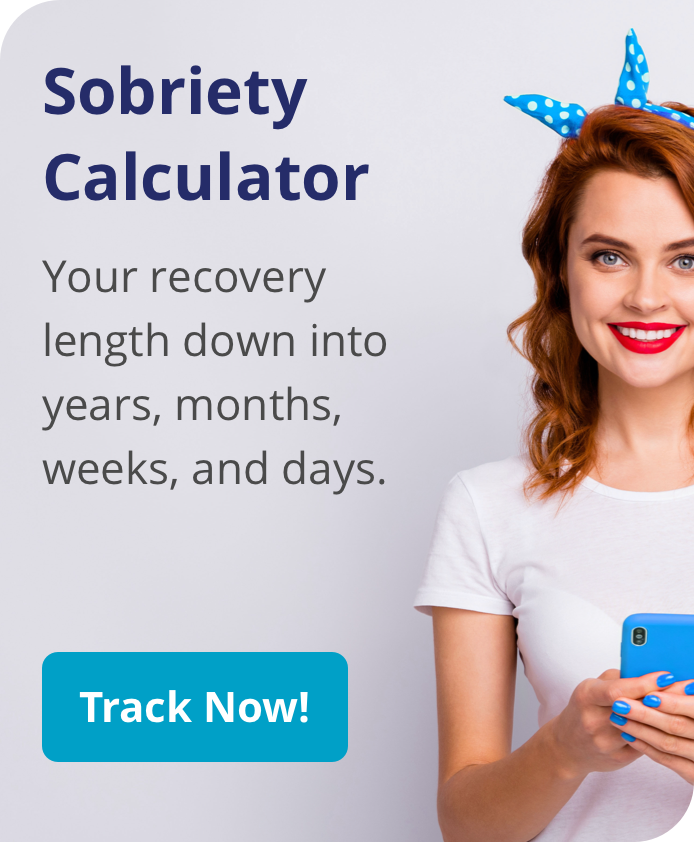By: Lisa B., Transformations Alumni Coordinator
If you have sat in enough recovery meetings, you have likely heard the term “recovery job,” but what exactly is a recovery job, and do you really need one? A recovery job is typically an employment position that supports an individual’s recovery process in the early days. Such jobs often have characteristics that accommodate the unique needs of someone in early recovery.
I remember feeling uneasy and almost offended hearing that suggestion for the first time when I had just begun attending meetings. I took it as my sponsor suggesting that I sell myself short or that they doubted my strength to tackle two things simultaneously. I soon learned that it was simply a suggestion and that there are no hard rules around things such as jobs, relationships, or major life decisions in early recovery. Just other people sharing what worked for them. Some people are okay with returning to their careers immediately, and others need more time. Still, despite some success stories, I learned sitting in those rooms that many people had struggled to take on major commitments or jumping back into things too quickly in early recovery. There was a good reason for the suggestion.
When we get sober, we are rediscovering ourselves. We are relearning how to live, and much work comes in itself. It can be a beautiful but stressful time as we work on untangling the wreckage of our past decisions. Focusing on this vital work can be challenging if we find ourselves distracted or with added stress associated with our many commitments. Of course, avoiding all stress is not possible and may not even be healthy! We still need to experience life and often still need to make a living. There are even studies that show that being employed can be a protective factor from relapse, as it gives one purpose and helps them get into a healthy routine.
The suggestion of a recovery job is open to interpretation. For many, it may mean taking on a simpler role and stepping outside their career for some time; for others, there may be no need for a career change. They may just need to set some boundaries at work and up their self-care routine.
I worked at a store in the mall for my first job in recovery. It was different than anything I had ever done; it was not what I wanted to do with the rest of my life, and I had many doubts, but it was exactly what the doctor called for. It ended up being exactly what I needed for a temporary period. I had a manager who was understanding of my situation, worked with my schedule, and ensured that I kept my recovery a priority. Because of the flexibility it offered, I was able to spend that time finishing my steps, begin sponsoring other women, and had plenty of free time to learn how to live life again and have fun without a substance. It was an incredibly valuable stepping stone.
If you are in early recovery and have decided this is the route you will take and need help brainstorming some possible positions, feel free to reach out to the alumni team for support!




